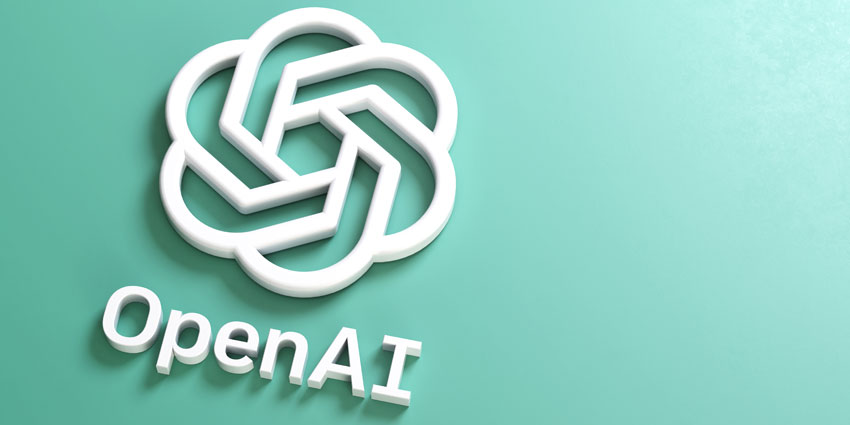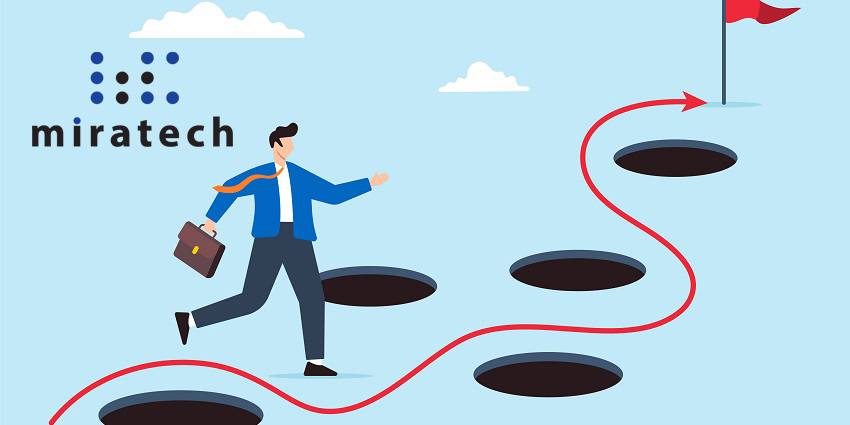OpenAI has released a new version of ChatGPT, which lets businesses customize the LLM to serve their own needs.
These custom versions of ChatGPT, known as ‘GPTs’, do not require any coding to transform into dedicated business tools.
Indeed, “anyone” can build them, whether they are an individual or a company, and doing so is “as easy as starting a conversation”, according to OpenAI.
It involves providing the GPT with knowledge and instructions and choosing its functions like creating images, analyzing data, or searching the internet.
Sam Altman, CEO of OpenAI, revealed the custom GPT offering along with other updates at its developer conference in San Francisco on November 6th. He observed:
Eventually, you’ll just ask the computer for what you need, and it’ll do all of these tasks for you.
“We really believe that gradual iterative deployment is the best way to address the safety challenges of AI.
“We think it’s especially important to move carefully towards this future of agents.”
Since the initial release of ChatGPT, users have requested the capability to fine-tune it to specific use cases, OpenAI explained in a blog post introducing GPTs.
In July, it launched Custom Instructions, which allows people to program some preferences, but this was reportedly not enough to satisfy demands.
In fact, some users were previously keeping a carefully curated list of prompts and instructions and manually copying them into ChatGPT, which the new GPT does automatically.
GPTs in the Contact Center
Contact center vendors may create customer, service-based GPTs to enable greater accuracy of several generative AI use cases for customer service.
Organizations may even create these models themselves – as many already do by leveraging platforms such as Amazon Bedrock – and plug those into their CX platforms.
OpenAI pointed to early adopters of the technology, including Amgen, Bain, and Square, which are using GPTs to craft marketing materials that reflect their brand and assist new software engineers with onboarding. Crucially, to contact center organizations, it has also been used to help support staff answer customer questions.
OpenAI has reassured enterprises that it does not use customer conversations to enhance its ChatGPT.
Enterprise GPTs
From November 8th, enterprises may use GPT to design and publish their own internal-only GPTs. There is an admin console that allows businesses to choose the way in which they pull these into the organization.
If they so wish, developers can utilize GPT to integrate one or more APIs to pull in external data and “interact with the real world”.
Developers may also share GPTs publicly and, later this month, OpenAI is launching a GPT Store to feature creations by verified builders.
Soon after, these developers may earn money based on the number of users of their GPT.
There are three different prices for custom models, which vary depending on the version of ChatGPT selected.
To implement ChatGPT 3.5, for instance, they must pay $=.0080 per 1,000 tokens for training, $0.0060 per 1,000 tokens for output usage, and $0.0030 per 1,000 tokens for input usage.
For more on the potential of ChatGPT in the customer experience space, check out our interview with Brónagh Crowley, VP of Sales at Ultimate.ai – who discusses the benefits and challenges of using the LLM in customer support.







